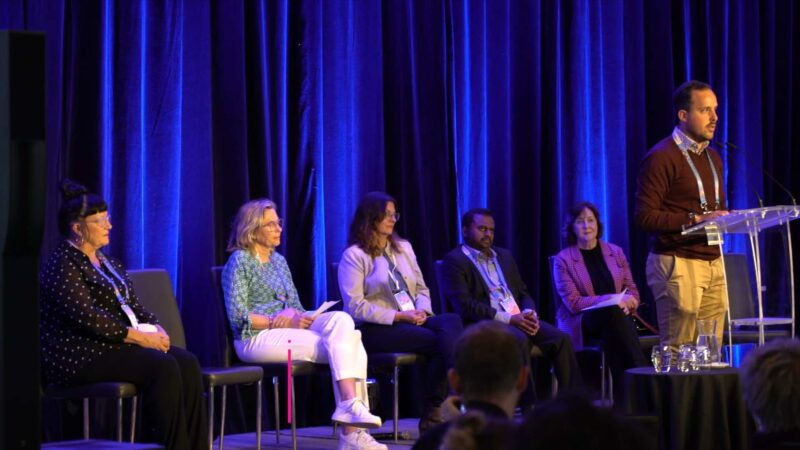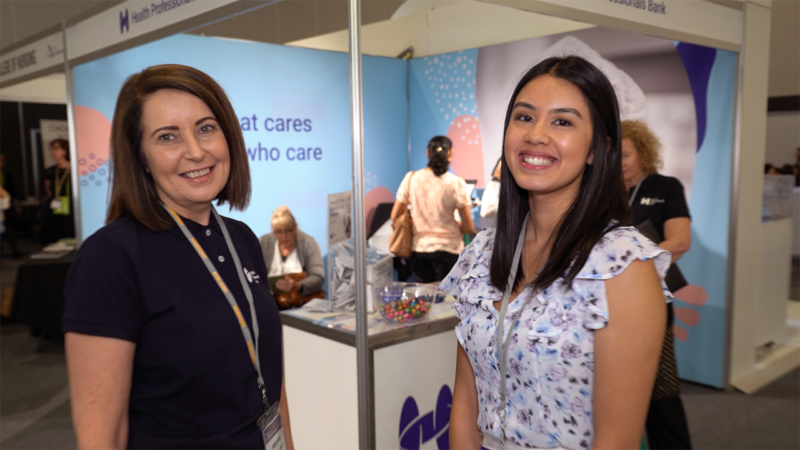Edith de Boer is the HR Director for Zimmer Biomet in Australia and New Zealand. Her career originally was in telecommunications and consulting in Europe. After leaving The Netherlands, Edith worked into the Australian medical research industry, before moving into a human resources role at Zimmer Biomet. Edith spoke to Australian Health Journal about her role and the organisation.
Promoting medical technology as an industry is important for Zimmer Biomet. The organisation runs a program called “Your future in STEM” helping girls at high school children consider STEM as a career, through to career professionals in the “Women-Inspired Network” or WIN as it’s commonly referred to. In clinical professions, the Zimmer Biomet “Women in Orthopaedics” program for female surgeons, acts in an advocate and support role.
Collaboration and work mindset of one team is very important for the organisation, as well as employees having a sense of belonging and being included. So whilst, talent can be difficult to find in the current market, Zimmer Biomet staff are together taking a journey of change that’s occurring across the industry.
Upbeat Edith’s energy is refreshing! Anyone looking to enter the medical technology industry and specifically the humans resources role can make a difference to people’s lives. Her advice? Be creative, work hard and have a growth mindset.
You Might also like
-
Study on digital tool for pharmacists in aged care
In March 2022, the Australia government announced $350 million of funding over 4 years to employ on-site pharmacists in residential aged care, starting July 2023. In April 2023, the government made changes to the proposed on-site pharmacists, where the new program will now be delivered by and through community pharmacies. Regardless of how the model will be implemented, the goal remains the same – to improve quality use of medicines and medicines safety for aged care residents.
-
AHW Exhibitor: Health Professionals Bank
Healthcare professionals recently had a new bank enter the market. Health Professionals Bank owned by Teachers Mutual Bank, commenced operations in February this year aiming to be a member owned bank that “Cares for those who care”. Exhibiting at Australian Healthcare Week in Sydney last week, General Manager Carolyn Murphy spoke with Australian Health Journal reporter, Anne Dao
Post Views: 732 -
Spinal implant technology eyes global opportunity
Adelaide, South Australia wants to let the secret out, and be known as hub for medical devices, pharmaceuticals, biotechnology, and digital health. It boasts world-class research institutions, such as the University of Adelaide and SAHMRI, fostering innovation and collaboration. The city’s supportive government policies provide incentives, grants, and streamlined regulations for businesses. Adelaide’s skilled workforce, renowned for its expertise in health sciences, offers a talent pool to drive industry growth. Additionally, the city’s strategic location, advanced infrastructure, and strong healthcare ecosystem make it an ideal base for development, manufacturing, and market access, attracting companies in these sectors.



